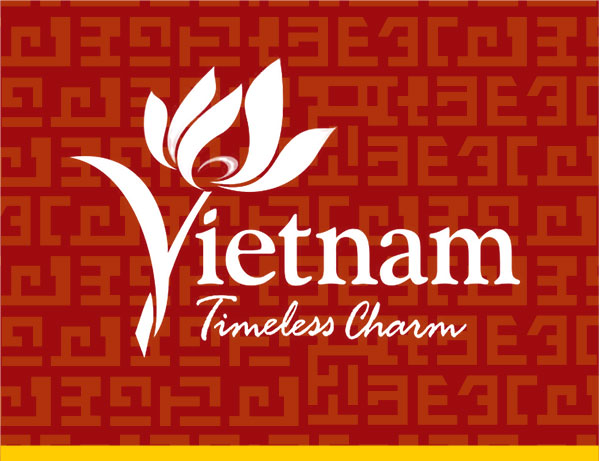How Vietnam is ruled
Central Government
The Socialist Republic of Vietnam was formally established in July, 1976, upon the official reunification of North and South Vietnam. It has just one get together, the Vietnamese Communist Celebration based in 1930 by Ho Chi Minh, usually known as ‘the Get together’.
The Politburo
The centre of energy is the Political Bureau, (normally abbreviated to ‘Politburo’). Members are elected by the one hundred twenty five-sturdy Central Committee of the Social gathering, and embody the Basic Secretary, the best in rank, adopted by the President and the Prime Minister.
Policy choices are initiated at Politburo/Central Committee degree, and passed on to a unicameral 500 member National Meeting that meets for a few months twice a year to debate and enact the mandatory legislation. National Meeting proceedings are reported within the press.
The National Assembly
Members of the National Assembly are elected at native stage every five years. Suffrage is comon; however candidates for election must be permitted by the Party.
Occasion Congresses are held at irregular intervals to discuss major policy issues. There have been eleven Congresses to this point, the newest being in 2002. A Party Congress takes place behind closed doors – debate is typically very intense as proceedings can contain main policy changes. For instance, the sixth Congress approved the policy of ‘doi moi’ ushering in a new period of openness and engagement with the international group, a large policy shift from USSR-style isolation as ‘a state of proletarian dictatorship’.
The country is administered by about two dozen government Ministries.
Native Government
The central government is replicated to a large degree in every of Vietnam’s sixty or so provinces. Each has an Occasion Committee with a govt level, of which the General Secretary is probably the most senior post, and a People’s Committee to enact laws handed down from the National Assembly. Members of Folk’s Committees are elected from decrease levels of administration, precincts and wards in city areas, districts and communes elsewhere. The Ministry structure is replicated as native Departments in a direct line from Hanoi.
The significance of the Provinces
International sources often portray Vietnam’s provincial authorities as easy administrative bodies with little power. This is far from reality. Provinces have considerable autonomy, and their views are a strong influence upon central government thinking. Indeed, one among Vietnam’s problems is that the fragile stability of energy between centre and local administration typically hinders national co-ordination. Tourism is an effective and relevant example: provincial autonomy has led to quite a lot of arrangements, buildings and polices in numerous provinces, and frequent duplication of investment.
Pink tape and laws
As in most nations, forms are an issue in Vietnam. ‘Regulation’ is a relatively new idea (till the 1990’s, Vietnam had no additional education law institutions). Lot legislation takes the shape or laws and circulars which can be handed down to native degree for implementation. Interpretations often differ from area to area, and far paperwork is generated in makes an attempt to standardize procedures.
Much administration involves multiple ministries. As communication is almost completely vertical, there may be little co-ordination between different ministries and Departments leading to lengthy delays and frustration. Not too long ago, the government has tried to speed issues up by laying down closing dates for explicit activities, but bureaucrats in every single place are skilled in the art of discovering exceptions to such rules and producing extra varieties to be comp
